Pier’s off: Fishers get marching orders days after mass protests
Police closed a pier over social distancing fears just days after thousands of protesters massed without penalty.
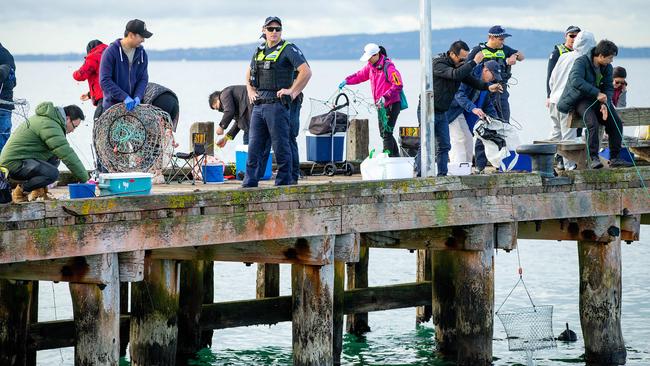
Victoria Police closed a popular Mornington Peninsula pier over concerns that locals and visitors were not “observing social-distancing requirements” just two days after thousands marched through the streets of Melbourne without penalty.
People would be “moved on” if they visited Rye pier and more local attractions would be shut if social-distancing was not observed, the police later said.
The apparent double standard in policing comes as health authorities consider lifting social-distancing restrictions more quickly and pressure mounts on states that let thousands of people march in Black Lives Matter protests on Saturday.
The Australian Health Protection Principal Committee, which met on Monday to discuss the national cabinet’s three-stage COVID-19 road map, is now understood to be considering post-July scenarios for opening up contingent on no further virus outbreaks.
Federal Health Department figures show there are fewer than 460 active COVID-19 cases in the country, with 6706 people recovering from the virus. Australia has registered only 59 positive infections in the past seven days.
New Zealand Prime Minister Jacinda Ardern announced on Monday that the country was coronavirus free, moving to unlock restrictions and bringing a return to normality for travel, hospitality, funerals and public transport. But she said New Zealand would not rush into starting a trans-Tasman “travel bubble” with Australia, describing the country’s border as “critical”.
“The reason New Zealanders … will be able to move around with freedom that very few other countries in the world have is because we are maintaining those restrictions at the border,” Ms Ardern said.
Premiers are now being urged by industry leaders to accelerate the easing of restrictions, including border closures, to protect the tourism and hospitality sectors and regional areas hard hit by the pandemic’s economic fallout.
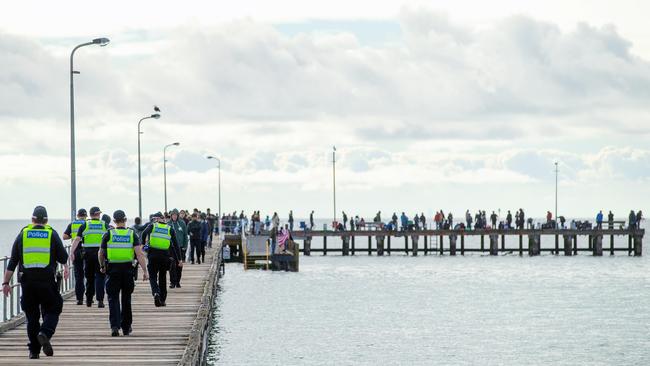
Former prime minister Tony Abbott on Monday joined business and tourism industry leaders in calling for social-distancing restrictions to be lifted after advocating a “complete shutdown” in March as the virus hit. Mr Abbott praised Ms Ardern for lifting restrictions and allowing life to -resume without politicians and health officials “ordering them around”.
“We’ve done wonderfully well in checking, virtually extinguishing, the coronavirus in this country. It’s time to drop restrictions and let us be free,” he told Sky News.
The AHPPC, which will update national cabinet on the speed of social restrictions being removed, is urging tens of thousands of protesters who attended BLM rallies at the weekend to be tested for COVID-19 if they contract symptoms.
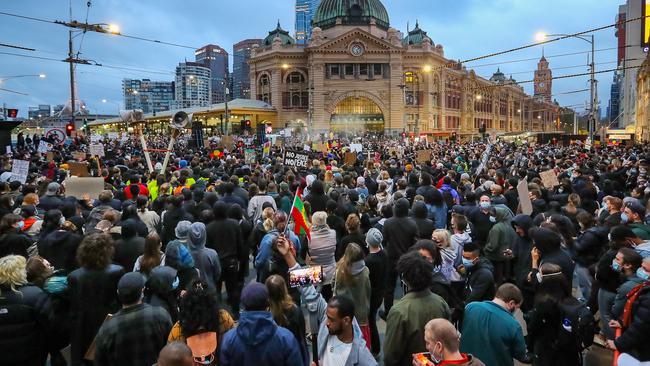
Queensland, Western Australia, the ACT, Northern Territory, Tasmania and South Australia reported no new coronavirus cases on Monday, with five new cases recorded in NSW and Victoria.
Victorian authorities on Monday confirmed a Hawthorn Village nursing home resident in the state’s northeast had contracted COVID-19.
The aged-care home case is the first in Victoria’s Alpine Shire since the pandemic began.
Australian Chamber of Commerce and Industry chief executive James Pearson said while people had the “right to peacefully protest”, they needed to remember business and the broader community were subject to “significant restrictions”.
Deputy Chief Medical Officer Nick Coatsworth said the AHPPC was actively considering letting sports fans return to stadiums but maintained its position that mass gatherings or protests still remained a “substantial risk”.
“We have to remember we don’t know what will happen as a result of these protests. The principle of mass gatherings being a risk is clear,” he said.
“In terms of what the effect of that mass gathering is going to be, we have to accept that they have happened, and we have to wait and see what will happen as a result of the mass gatherings.
“There is no current recommendation that people who attended those mass gatherings should do anything different. In fact, do exactly the same thing, which is get tested if they become unwell.”
Dr Coatsworth said the call from Australian Medical Association president Tony Bartone for all BLM protesters to consider self-isolation was not the same as that of the AHPPC.
Federal health experts have approved Labor MP Graham Perrett and Greens senator Janet Rice — who attended BLM protests — to return to Canberra ahead of parliament resuming on Wednesday.
Education Minister Dan Tehan said Senator Rice should reconsider attending parliament for the upcoming sitting fortnight.
Victorian opposition police spokesman David Southwick said Saturday’s BLM protest had been a “slap in the face” for people who had done the right thing during COVID-19 lockdown.
“Daniel Andrews’s mixed messaging has unfortunately led to thousands of people on the streets in the city, compromising the safety of all Victorians,” he said.
“The question that really needs to be asked is: why is there one rule for one lot of people and -another lot of rules for everybody else? The fact we need to wait and see what’s going to happen: will those thousands of protesters self-quarantine?
“Will there be a second wave? And certainly, if there is a second wave then Daniel Andrews needs to hang his head in shame.”
NSW Police Minister David Elliott said he did not want protest permits for large gatherings to be issued until the COVID-19 pandemic was over and said a second wave of infections would delay reopening the economy.
“If there is an outbreak in the indigenous community, that will be very worrying because we will see a return to some of the restrictions we’ve just been able to remove from society,” he told 2GB. If there was no spike in cases, Mr Elliott said lifting the restrictions should not be fast-tracked because NSW did not want to “push fate”.
Additional reporting: Joe Kelly and Richard Ferguson


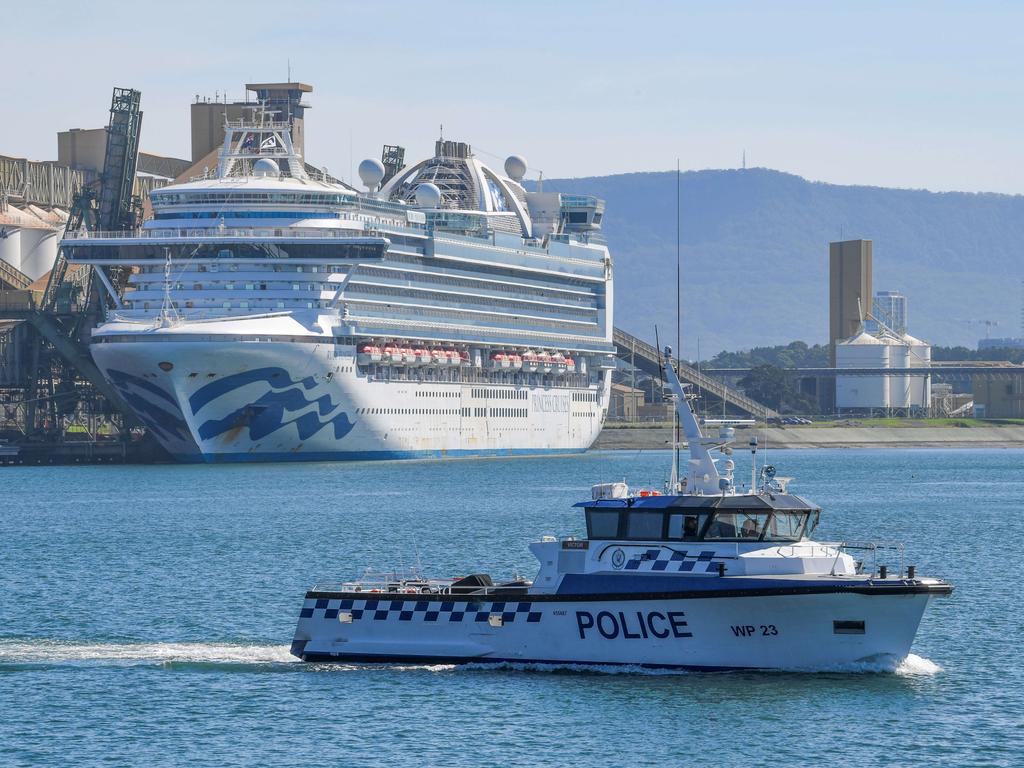
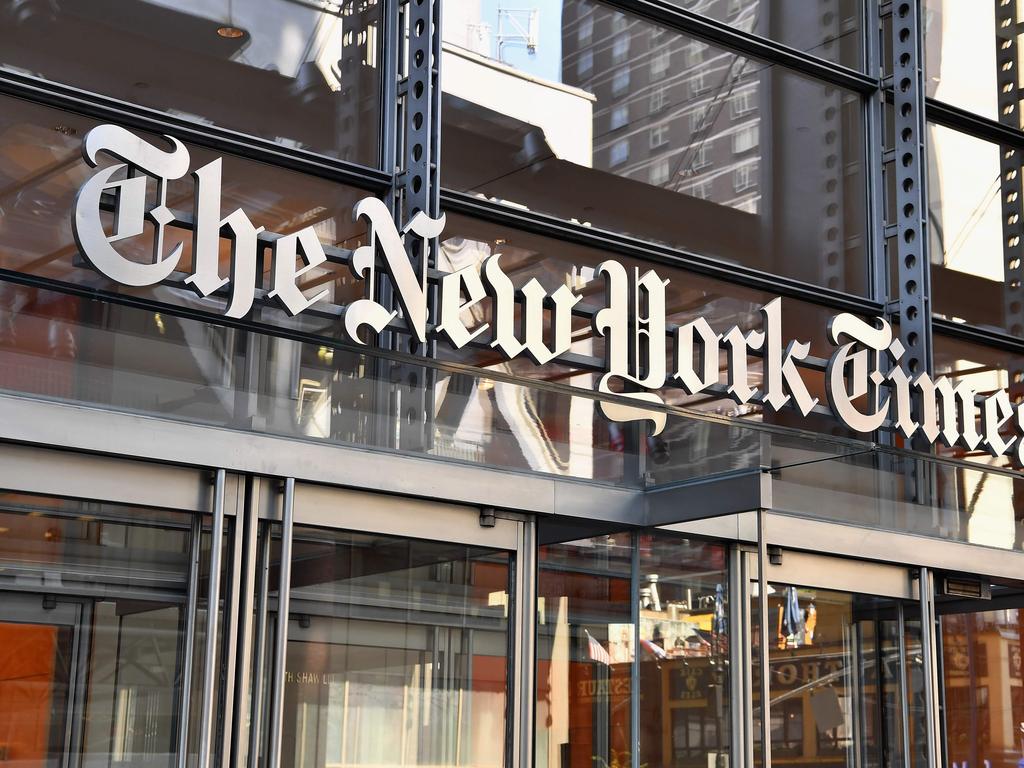
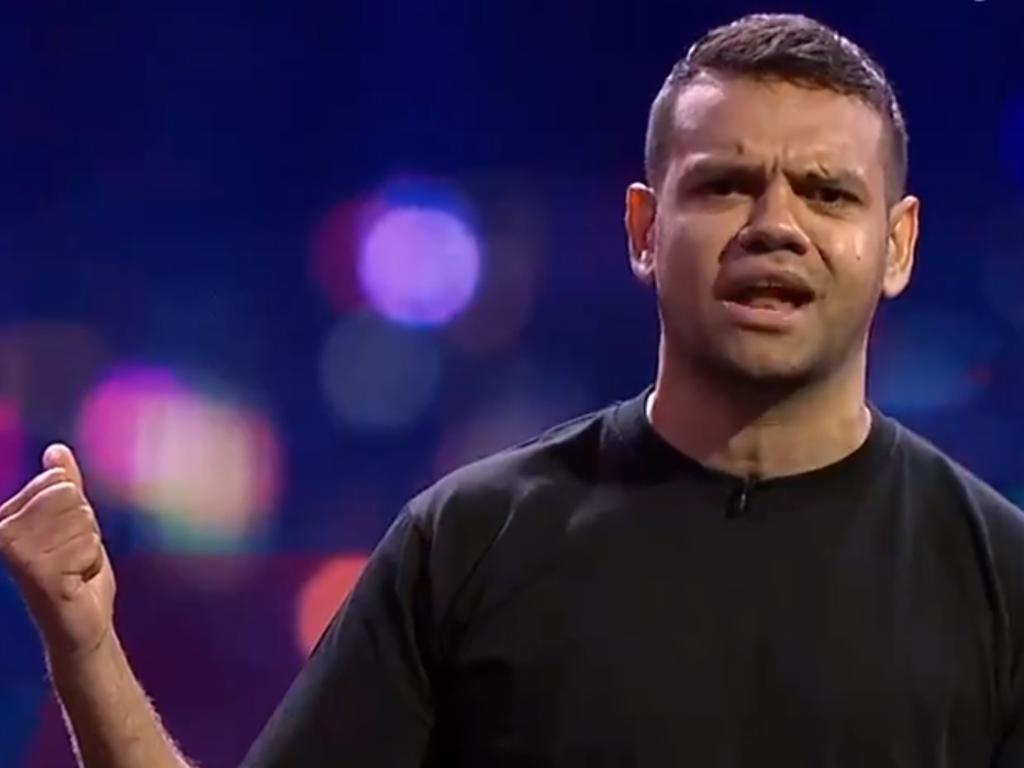


To join the conversation, please log in. Don't have an account? Register
Join the conversation, you are commenting as Logout